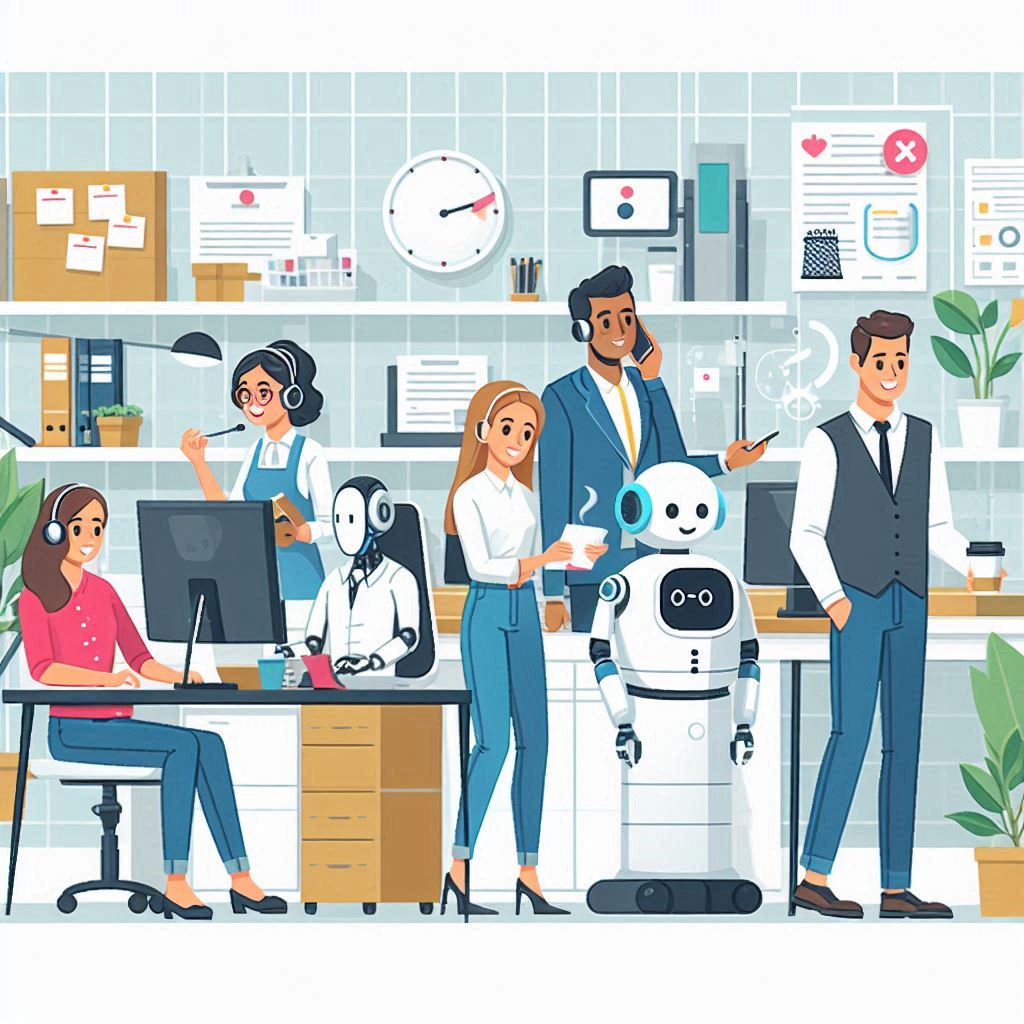|
Getting your Trinity Audio player ready...
|
From enhancing workplace efficiency to sparking debates in healthcare and finance, AI’s influence spans across sectors, bringing both innovation and complexity. This roundup explores the latest AI developments, showcasing its diverse applications and the challenges that accompany its widespread adoption. Join us as we navigate through recent AI stories that illuminate how this powerful technology is altering the landscape of business, ethics, and daily life. Discover the promises and pitfalls of AI as it continues to push the boundaries of what’s possible.
1. AI Integration Challenges
Research shows that while 85% of companies have integrated AI apps into their tech stacks, 68% face performance, accuracy, and reliability issues. Only 16% consider their testing processes efficient. The study highlights the need for improved testing methods as AI adoption in software development increases.
2. Amazon’s Amelia AI Assistant
Amazon launched Amelia, an AI assistant for third-party sellers. It helps resolve account issues and access sales data. This is part of Amazon’s broader push into generative AI, including tools like Rufus, Q, and Bedrock, as well as investments in AI companies like Anthropic.
3. ChatGPT for Workplace Productivity
The article outlines five ways to use ChatGPT at work: summarizing notes, developing KPIs, improving writing clarity, analysing data, and creating internal knowledge banks. It emphasizes the importance of protecting sensitive company information when using AI tools.
4. AI in Insurance
The UK’s Financial Conduct Authority warns that AI use in insurance could make some people “uninsurable” due to hyper-personalization. While AI could benefit many consumers, it risks discrimination and affordability issues for certain groups. The FCA calls for responsible AI use and open discussion about risks.
5. AI Use by GPs
A survey found that 20% of GPs use AI tools like ChatGPT for clinical tasks. Common uses include generating documentation after appointments (29%), suggesting diagnoses (28%), and recommending treatments (25%). While potentially valuable for administrative tasks, concerns exist about patient privacy.
6. AI Voice-Cloning Scams
Starling Bank warns that millions could fall victim to AI voice-cloning scams. Fraudsters can replicate voices from short audio clips to impersonate friends or family members asking for money. The bank advises using a “safe phrase” to verify identities over the phone.
